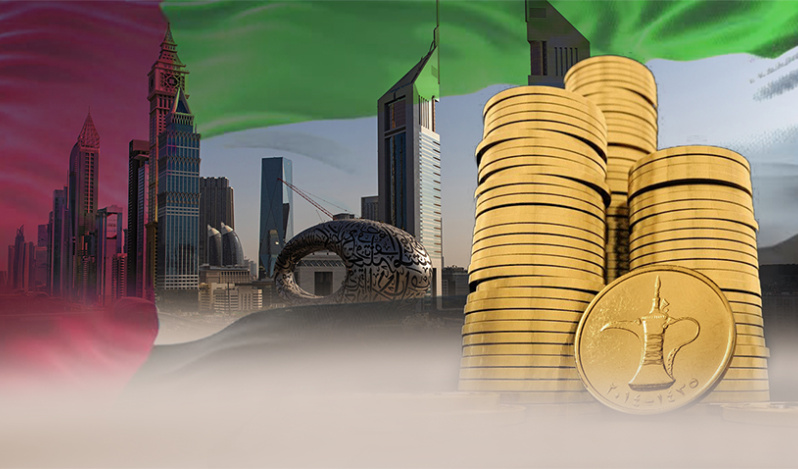EU’s green ambitions are threatened by Qatar’s warns of LNG halt
European Union faces a complex set of energy challenges
The EU’s pursuit of ambitious environmental goals is creating a potential conflict with its energy security needs, as a new law threatens to disrupt liquefied natural gas supplies from key exporters such as Qatar and the US.
Europe’s new Corporate Sustainability Due Diligence Directive (CSDDD), which requires large companies operating in the bloc to ensure their supply chains do not harm workers or the environment or face stiff penalties, has drawn strong criticism.
«The EU is hellbent on harming its economy because of its militant adherence to climate change goals,» said Mamdouh Salameh, a global energy expert.
«This will be a real blow to the EU’s energy needs, particularly at a time when US LNG supplies to the EU in 2025 are projected to decline due to rising domestic demand and declining gas production.»
The new CSDDD directive, which was approved this year, calls for fines of up to 5% of a company’s global turnover for violators. The next step requires EU countries to incorporate it into national law and submit the relevant texts to the European Commission by July 26, 2026.
A year later, the rules will be applied to the first group of companies, following a phased approach, with full implementation in 2029.
Qatar’s Energy Minister Saad Al Kaabi on Sunday said the Gulf country would stop shipping gas to the EU if member states strictly enforced CSDDD. «If the case is that I lose 5% of my generated revenue by going to Europe, I will not go to Europe — I’m not bluffing,» Mr Al Kaabi told the Financial Times.
State-owned oil and gas company QatarEnergy reported revenue of 188.5 billion Qatari riyals ($51.64 billion) in 2023 and accounts for roughly 13% of the EU’s LNG imports.
Since 2022, QatarEnergy has also signed several long-term sales agreements with EU countries such as France, Italy and Germany. While Qatar is unlikely to breach those deals due to legal implications and restrictions on cargoes’ final destinations, it could divert spot LNG shipments to Asia, its largest market, experts said.
Such a move would affect LNG availability in Europe and drive up gas prices, while hindering the bloc’s attempts to diversify its supply sources. «There is zero chance Qatar will ban EU shipments. Nevertheless, Qatar can decide to sell spot cargoes in Asia rather than Europe, and this would impact European gas prices,» said Ruchdi Maalouf, independent arbitrator and a former LNG executive.
Qatar could also replace some US LNG, which is being sold to the EU at «two to three times» the price of piped Russian gas, Mr Salameh said. The price of US LNG exports averaged $6.09 per thousand cubic feet in September this year, after falling nearly 12% since the beginning of the year amid muted demand in Europe in 2024, according to the US Energy Information Administration.
Analysts expect the EU to work out a deal with suppliers to keep the LNG shipments flowing. According to the FT report, Mr Al Kaabi suggested there could be room for compromise if the penalties targeted only income generated in Europe rather than total global revenue.
More From “Economics”

UAE becomes Africa’s biggest investor

Italy and Saudi Arabia sign partnership agreements worth $10bln

Saudi Arabia commited $500mln aid to stabilize Yemen’s economy

Egypt secures 1.27mln tons of wheat supply for 2025

UAE’s non-oil sector business activity hits 9-month high

Saudi Arabia drives MENA e-commerce rise in the festive season
The Kingdom led the way in mobile commerce adoption, with 62% of online purchases made via mobile devices

Saudi Arabia’s Maaden and Bahrain’s Alba end aluminum deal talks

Dubai real estate smashed records in 2024 with sales worth $142.4bln

S&P: Banking sector in Kuwait, Qatar and UAE is to stay stable

UAE economy grew 3.6% in the first half of 2024

The future of banking: 5 trends set to transform the GCC in 2025

Why GCC is a magnet for international capital?



